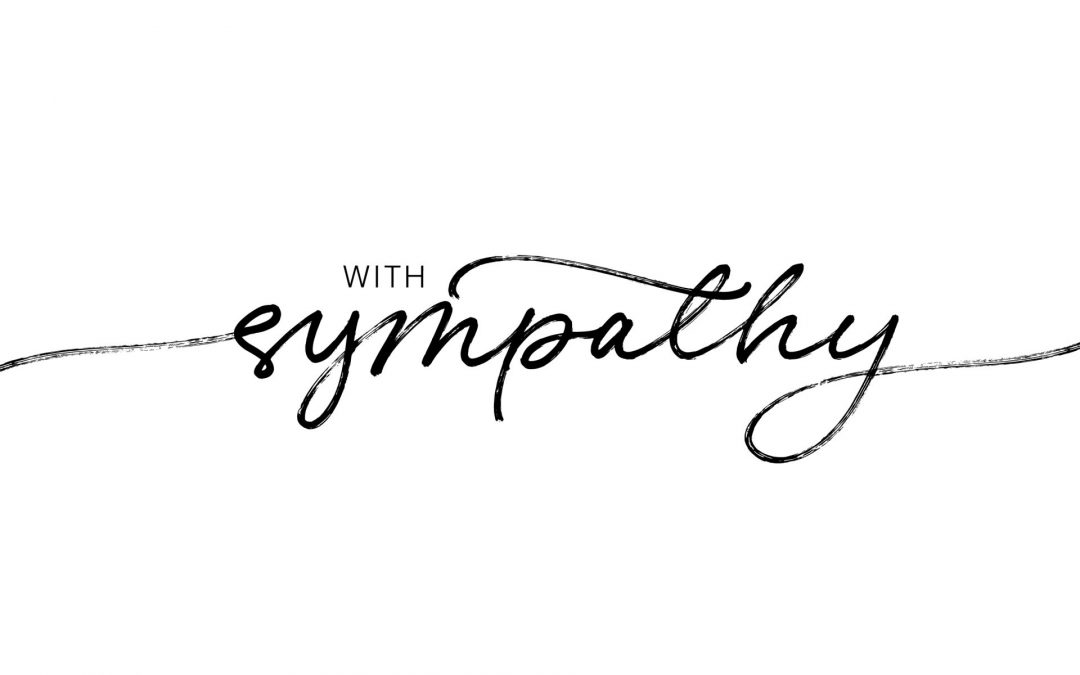Here are some common mistakes people make when trying to comfort someone who is grieving:
- Saying, “I know how you feel”: While you may have experienced grief yourself, every individual’s grief is unique. Comparing their grief to your own can diminish their feelings and make them feel misunderstood.
- Minimizing the loss: Phrases like “It was for the best” or “At least they’re no longer suffering” an come across as dismissive and invalidate the person’s feelings of loss.
- Offering unsolicited advice: Those who are grieving may not be ready to hear advice or solutions to their problems. Instead, they often need a listening ear and emotional support.
- Trying to rush the grieving process: It’s never a good idea to say things like, “It’s time to move on” or “You should be over this by now.” Grief doesn’t have a timeline, and everyone processes it differently.
- Avoiding the person: Some people may withdraw from a grieving friend or family member because they’re unsure of how to act or what to say. However, this can leave the grieving person feeling isolated and abandoned. Offering support and being present, even if you don’t know what to say, can be more meaningful than avoiding them.#GriefIsNotContagious
- Offering clichés or platitudes: Statements like “Everything happens for a reason” or “They’re in a better place” may be well-intentioned but often don’t provide comfort and can feel insincere.
- Comparing losses: Saying things like “My grief was worse than yours” or “You think that’s bad, let me tell you about my experience” can make the grieving person feel like their pain is being trivialized.
- Not allowing us space to be mad at God: Those who are religious or spiritual may not find comfort in religious platitudes or scripture immediately following their loss. Also, remember that not everyone believes in God. Be sure to respect the person’s beliefs and preferences.
- Expecting them to be strong: Encouraging someone to be strong or to hide their emotions can be harmful. It’s okay for them to express their feelings and vulnerability.
- Avoiding the deceased person’s name or memories: Some people may avoid mentioning the deceased person, thinking it will protect the grieving individual from pain. However, this can feel like erasing the person’s memory, which can be hurtful.
We know your heart may be genuinely in the right place, so please consider this instead: It’s often better to listen, express your condolences genuinely, and offer your presence and support. Let the grieving person lead the conversation and decide how they want to process their grief. Everyone’s grief journey is unique, and your role is to be a compassionate and understanding presence in their life during this difficult time.
P.S. It’s “Sorry for your LOSS” not “Sorry for your LOST.” (We know where they are 🙂 )
Kerry runs a support group for young widows and widowers venturing back into the world of dating and is a contributor to Open to Hope. She is the author of “Letters to the Widowed Community” and “The One Thing: 100 Widows Share Lessons on Love, Loss, and Life.” Her articles on widowhood and grief have been featured in HuffPost and Love What Matters. She’s also the host of the Young, Widowed & Dating podcast.

